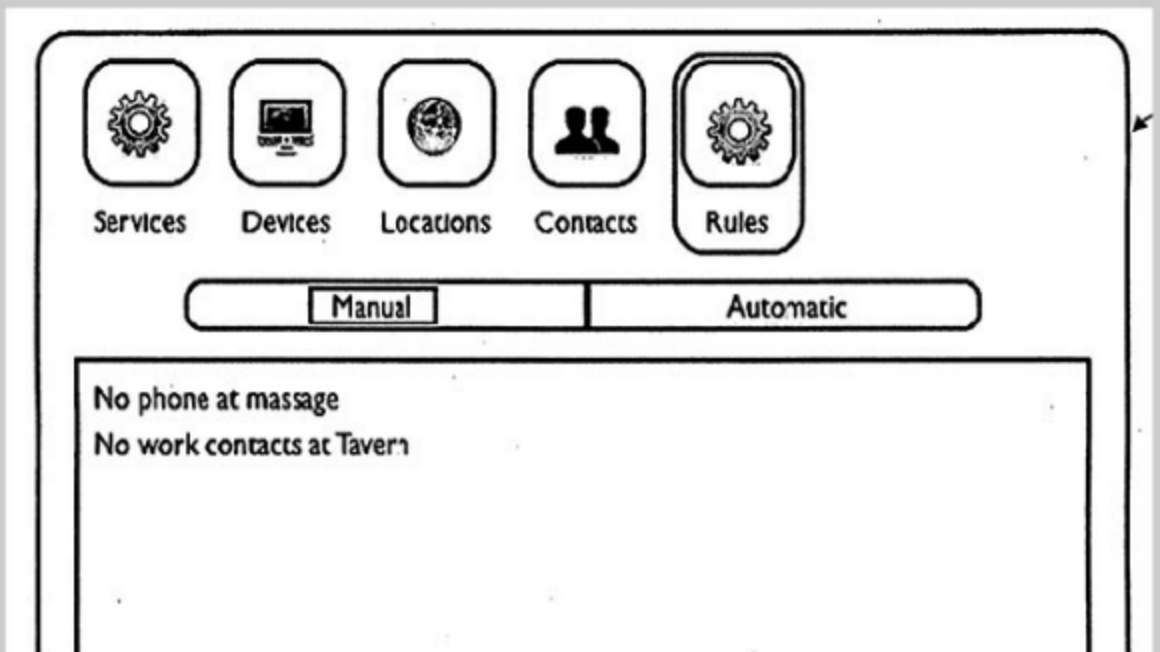iPhone patent may save your life, prevent drunk phone calls
Convenient... but a little scary

Apple has won a new patent for a phone which can intelligently detect the best means of contacting someone.
Confused? Let us explain. The iPhone would use features such as the GPS and accelerometer to work out where you are and what you're doing, and then react accordingly when someone tries to contact you.
For example, you're driving in your car when a call comes in. The GPS will detect that you're moving at a high speed and send a message back to the person contacting you to let them know that a text message would probably be a better option.
Sorry Dave, I'm afraid I can't do that
You would also be able to set certain rules such as "No phone at the cinema" to make sure you won't be known as "that person" when someone tries to drop you a line mid-movie.
It's potentially a pretty useful feature. Perhaps Apple will even get Siri involved, turning it into the all-out personal assistant it wants to be. Who knows?
But with Google Now available for iPhone and iPad as of this week, Apple will no doubt be wanting to push its own services to offer as much user convenience as possible.
Apple's patent was actually first filed back in 2008. If Cupertino has been working on the technology since, it could be sooner rather than later that the functionality appears in the iPhone - if it ever appears at all.
Get daily insight, inspiration and deals in your inbox
Sign up for breaking news, reviews, opinion, top tech deals, and more.
Via AppleInsider
Hugh Langley is the ex-News Editor of TechRadar. He had written for many magazines and websites including Business Insider, The Telegraph, IGN, Gizmodo, Entrepreneur Magazine, WIRED (UK), TrustedReviews, Business Insider Australia, Business Insider India, Business Insider Singapore, Wareable, The Ambient and more.
Hugh is now a correspondent at Business Insider covering Google and Alphabet, and has the unfortunate distinction of accidentally linking the TechRadar homepage to a rival publication.
